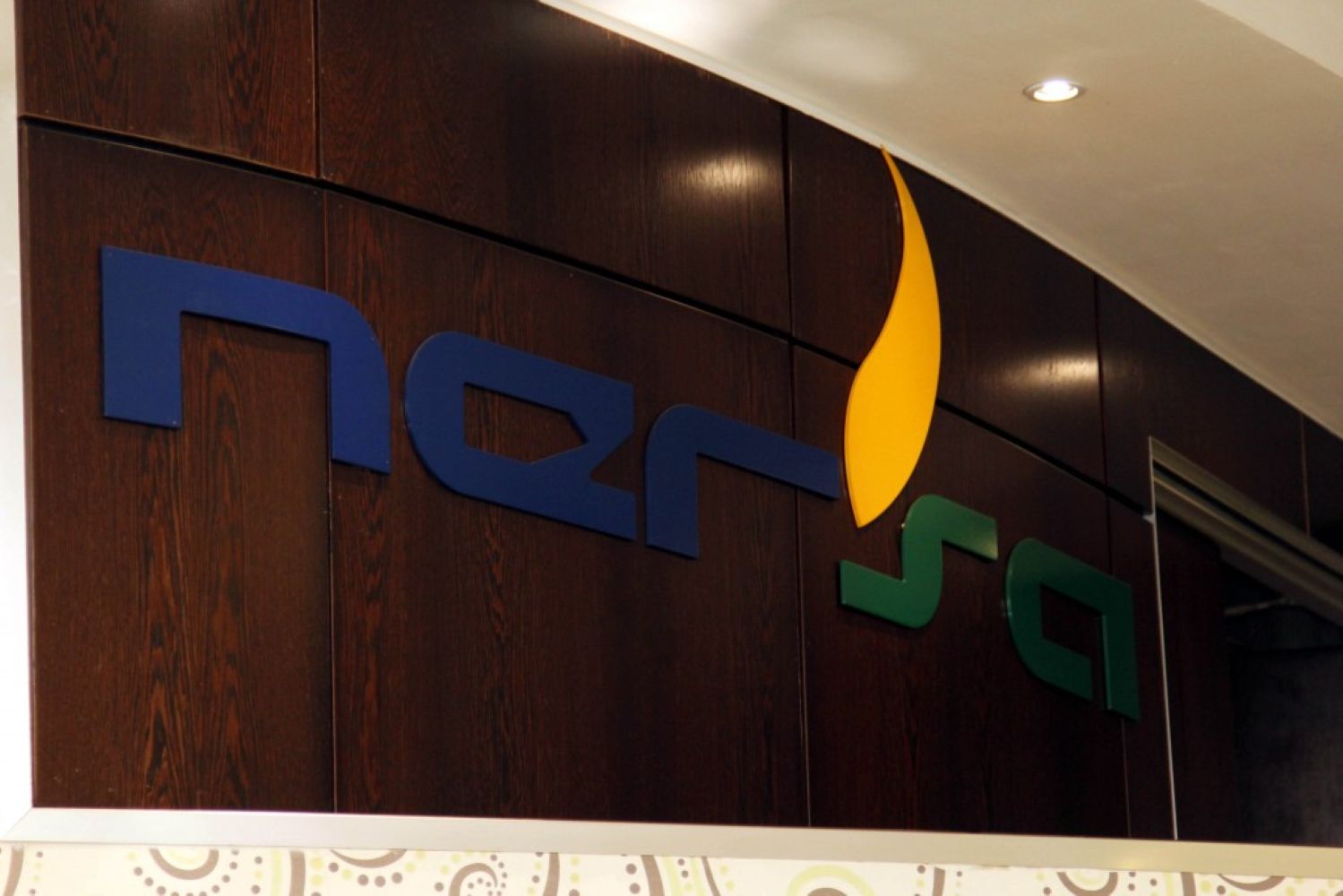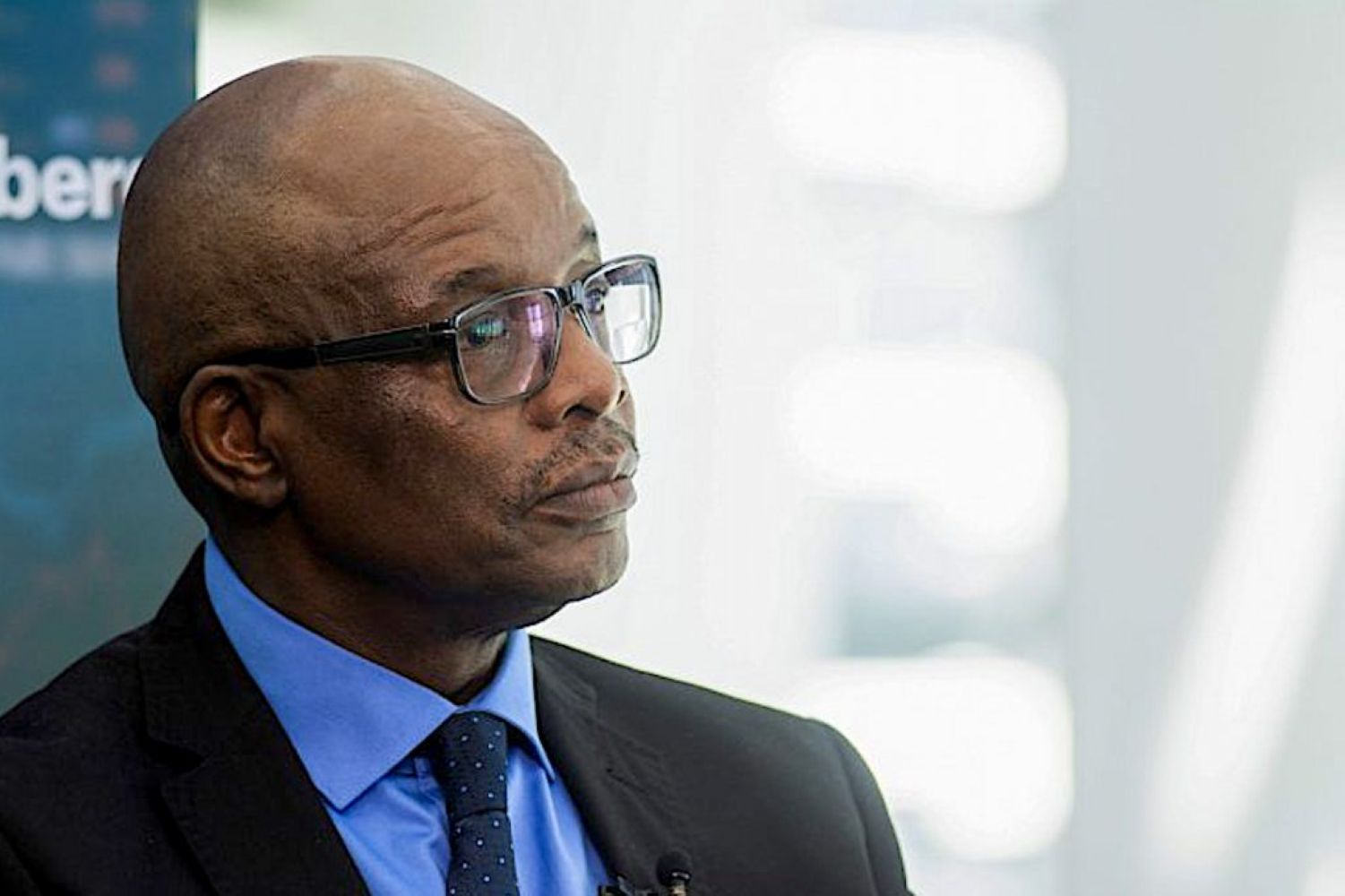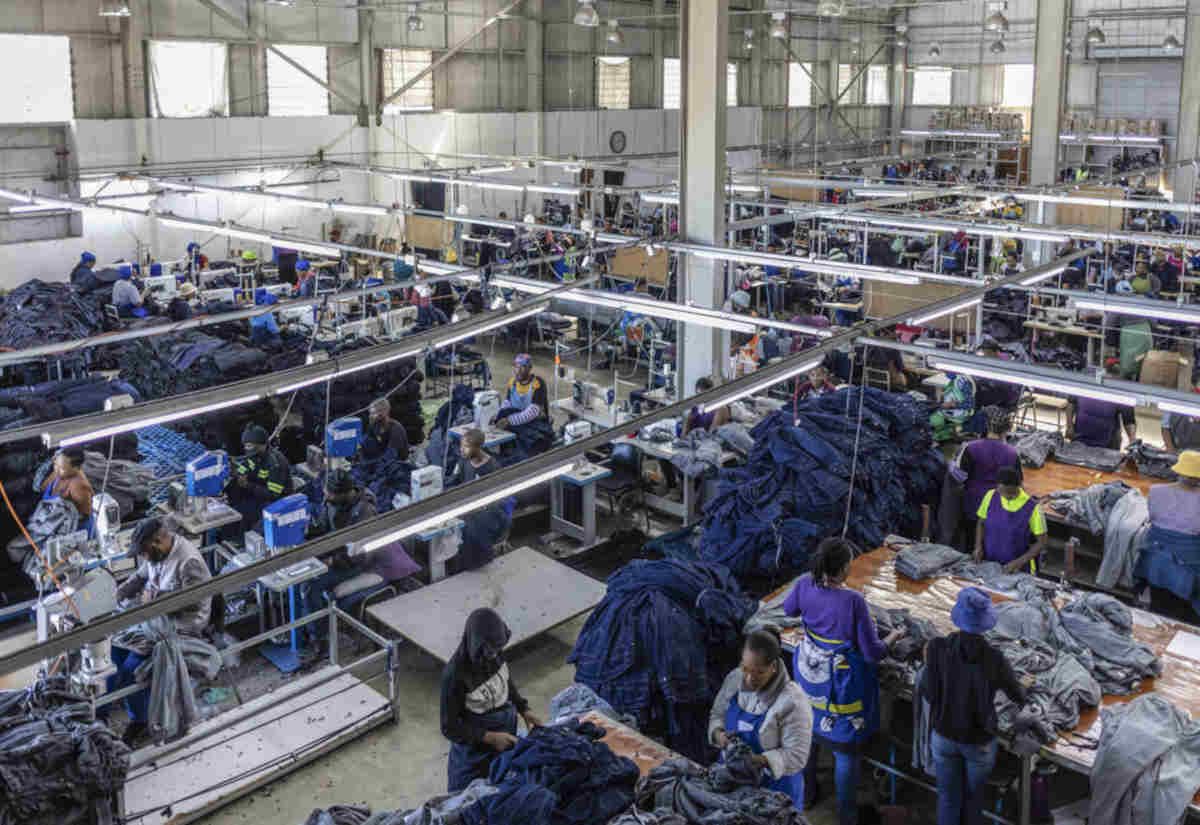The creative economy is thriving, with content creators, designers and beauty professionals making their mark.
With nearly half of South Africa’s youth struggling to find traditional jobs, entrepreneurship is a viable alternative.
FNB says the crisis faced by the youth needs innovative solutions, not just job creation. Youth entrepreneurship is a sustainable catalyst for job creation and economic growth.
Janis Robson, Head of Business Development at FNB, notes that the youth are increasingly turning to entrepreneurship as a deliberate and empowered choice to build their futures.
Side hustles and formal businesses
Robson adds that more than 35% of the businesses that bank with them with a turnover of less than R5 million are comprised of young entrepreneurs aged 18 to 35.
“There are a mix of skilled professionals, graduates, and those without formal qualifications, many of whom are running side hustles or growing formal businesses.”
She says trends indicate that the largest share of youth-led businesses falls into business and administrative services, followed by community services, retail, construction and transport.
Additionally, the creative economy is thriving, with content creators, designers and beauty professionals making their mark, particularly in metro areas.
“Youth are also increasingly leveraging technology to develop scalable solutions that address local challenges.”
ALSO READ: Political events happening in June expected to affect South African SMEs
Entrepreneurship challenges faced by youth
Robson notes that opportunities are growing, but young entrepreneurs are still faced with significant challenges.
One of the biggest challenges is access to funding, followed by gaps in industry-specific skills and general business knowledge.
“Safety concerns, crime, and credibility issues, especially among young women, also limit business growth.
“Many also struggle with financial literacy, which can lead to early business closures. Some start ventures while job-hunting, only to abandon them when formal employment becomes available.”
Mental health in entrepreneurship
Phumla Mavundla, Head of Marketing at Metropolitan, has highlighted the need for entrepreneur programmes to also focus on mental health. By placing mental wellness at the core of entrepreneurship, the initiative is breaking new ground and making a bold shift in a space where emotional resilience is often overlooked.
She stresses that entrepreneurs frequently encounter significant pressures, from financial challenges to societal expectations, and when these stresses go unaddressed, they can lead to anxiety, burnout, and ultimately, business failure.
It was noticed through one of their programmes, the Metropolitan’s Collective Shapers (MCS), that funding alone is not enough; entrepreneurs also need resilience, emotional support, clarity, and strong financial literacy to succeed.
ALSO READ: 4 business pitch mistakes that could be costing you investors — and how to avoid them
Funding is not everything
Mavundla added that too many programmes assume that if we give entrepreneurs capital, they will thrive.
However, no amount of funding can compensate for burnout and poor financial decision-making under stress or isolation.
Entrepreneurs need programmes that help them build resilience, emotional agility, and long-term strategic clarity.
“The future of entrepreneurship depends not just on bright ideas, but on healthy, resilient minds capable of executing them.”
NOW READ: Report reveals there is no lack of funding for small businesses – here’s the problem













